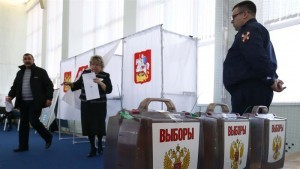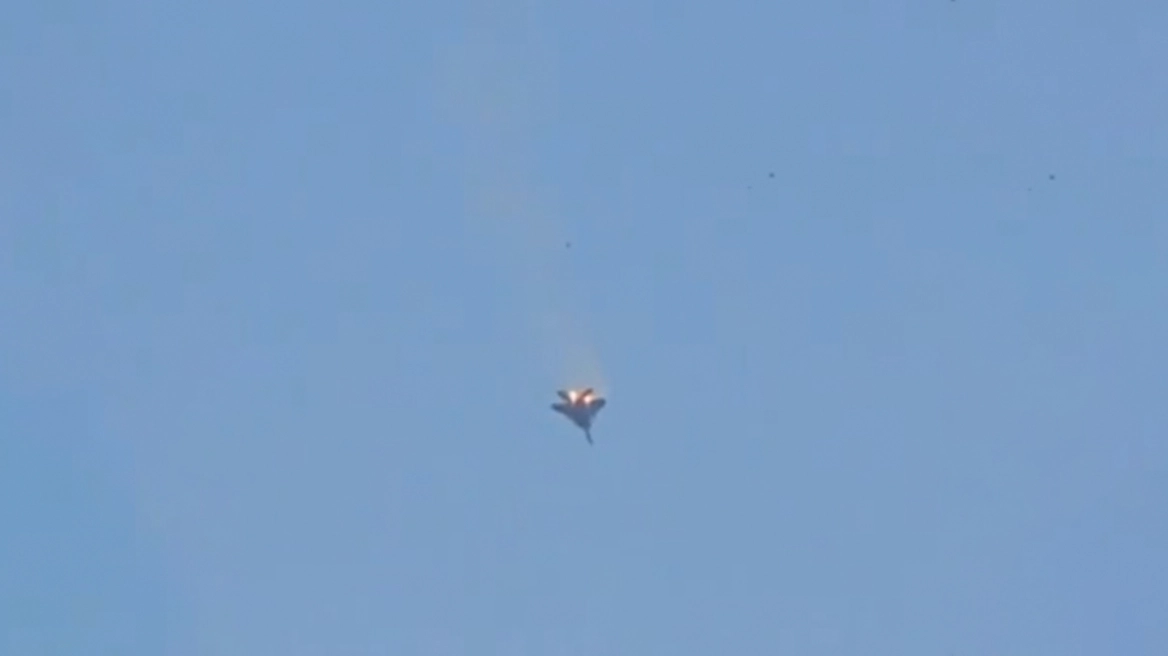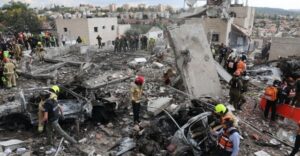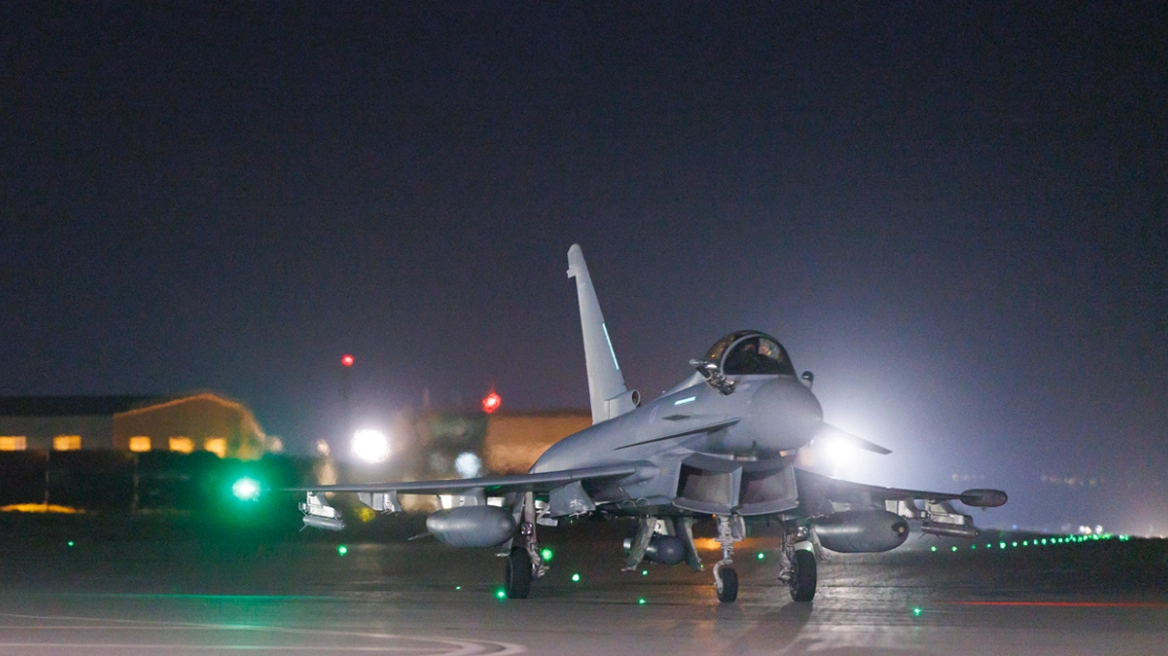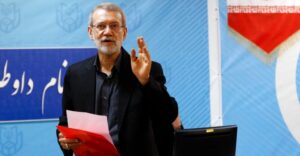Russians are heading to the polls to vote in a presidential election that is expected to usher in President Vladimir Putin’s fourth term.
Seven other candidates are also running in Sunday’s election, with the incumbent leading in the polls by a wide margin.
Due to the time difference, voting started in the Russian Far East regions of Chukotka and Kamchatka on Saturday at 20:00 GMT and will end today in Kaliningrad at 18:00 GMT.
Results are expected to trickle in by the end of the day and a stage where Putin is expected to deliver his victory address has already been set up in Moscow’s city centre, near the Kremlin.
Close to 109 million registered voters will have the right to cast their ballot in close to 100,000 voting stations across the 85 regions and republics of the Russian Federation; Russian citizens will also be able to cast their ballots in 145 countries.
There will be polling stations on 38 cross-country trains, as well as hospitals and military bases. In areas difficult to access in the Russian North, helicopters were used to transport polling stations and staff.
There will also be a virtual voting station in space for Russian astronaut, Anton Shkaplerov, current crew commander at the International Space Station, to cast his vote.
Residents of Crimea will vote for the first time in Russian presidential elections; the vote itself was scheduled to coincide with the fourth anniversary of the annexation of the peninsula.
Crimea featured prominently in Putin’s election campaign and it was where he held his last rally on Wednesday.
On Saturday, the ‘day of silence’, when election campaigning is banned by law, the Central Electoral Commission allowed Russia’s state-owned First Channel to broadcast a feature film called “Crimea”, which offers a pro-Russian take on the events of 2014 in Ukraine.
Calls for boycott
Opposition leader Alexey Navalny, who was barred from running in the elections over a fraud conviction in a court case he claims was politically motivated, has called for a boycott of the vote, as have other political groups.
Commentators have also noted that the lack of stiff competition among candidates could also discourage voters from heading to the polls.
In response, the Russian authorities have put a lot of effort into rallying up citizens to the polling stations, fearing a low turnout.
Dmitry Peskov, press secretary of the Russian presidency, insisted earlier this week that the measures taken to encourage people to vote are within the limits of the law.
Apart from CEC’s campaign, Russian media has reported that local administrations across the country are organising local referendums, concerts, professional trainings, etc at polling stations to attract voters.
There have also been reports of state employees being pressured to vote.
“We have never seen before an information campaign to boost turnout on such a scale,” Stanislav Andreychuk, a representative of independent Russian election monitor Golos, told Al Jazeera.
This is the first vote that children have also been used in campaigning, with schools holding referendums or parent conferences on election day or making students engage in election-related activities to promote the vote, he said.
Raffles have also become common during this election season.
“In a way, this is a form of bribing the voter,” Andreychuk said. “This changes the idea of elections from being a civil act to being an opportunity to win from a lottery.”
Russian news outlet RBC reported on Friday that the Kremlin has indicated that a turnout of 65 percent would be considered “good”. During the 2012 presidential elections, 65.3 percent of voters turned up to the polls.
Golos, which was made to register as a foreign agent for receiving funding from abroad after the 2012 vote, will have observers around the country to monitor the elections.
Navalny’s campaign has also dispatched observers, as has the Organization for Security and Co-operation in Europe.
Source: aljazeera
Ask me anything
Explore related questions
